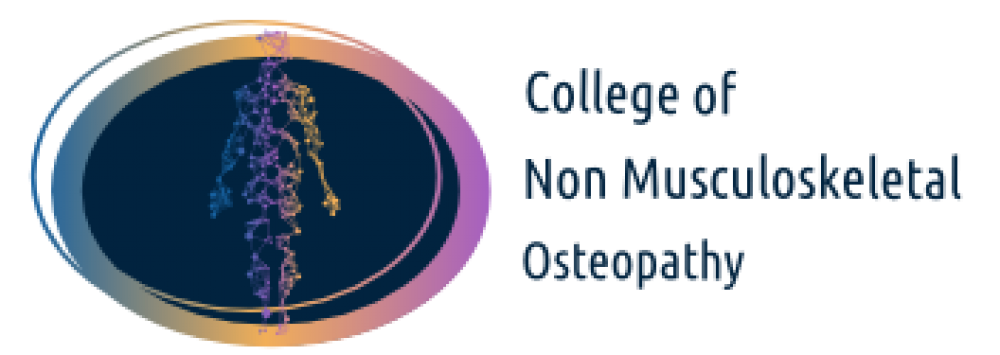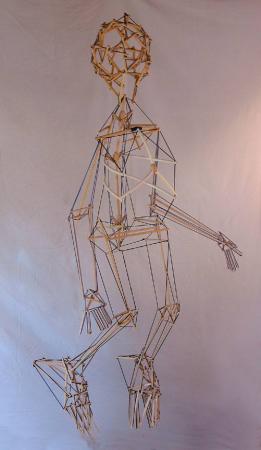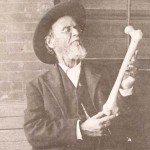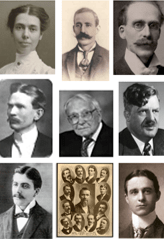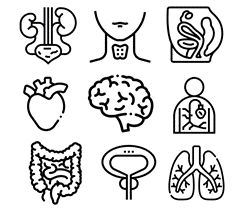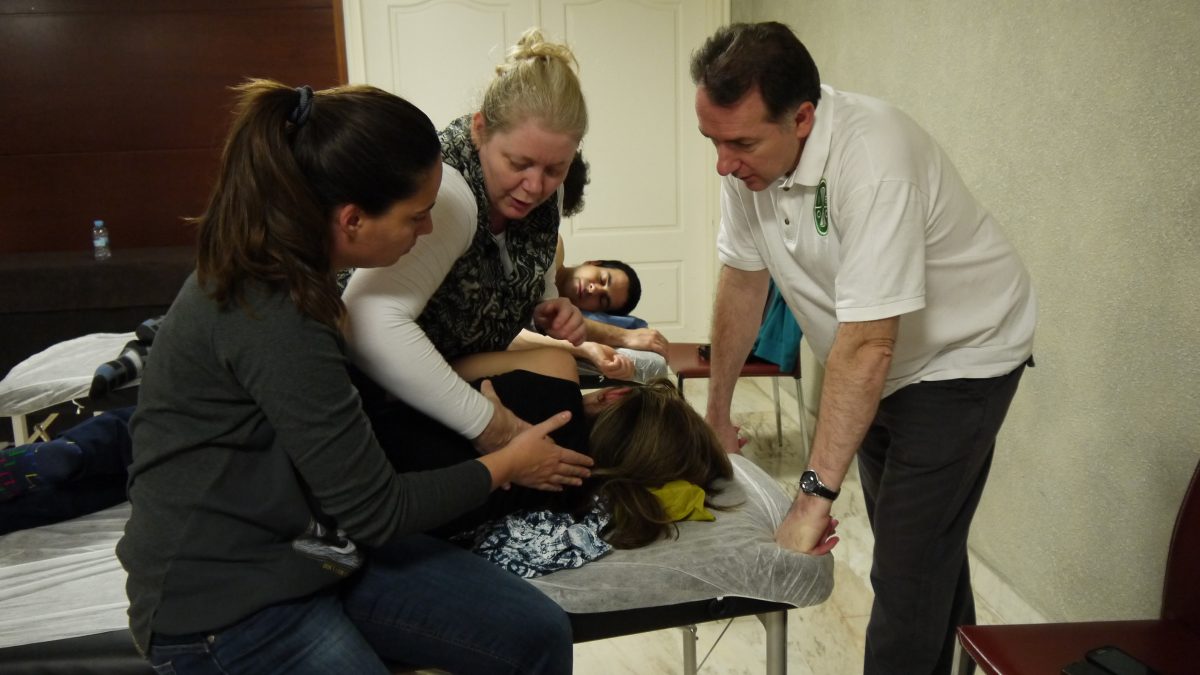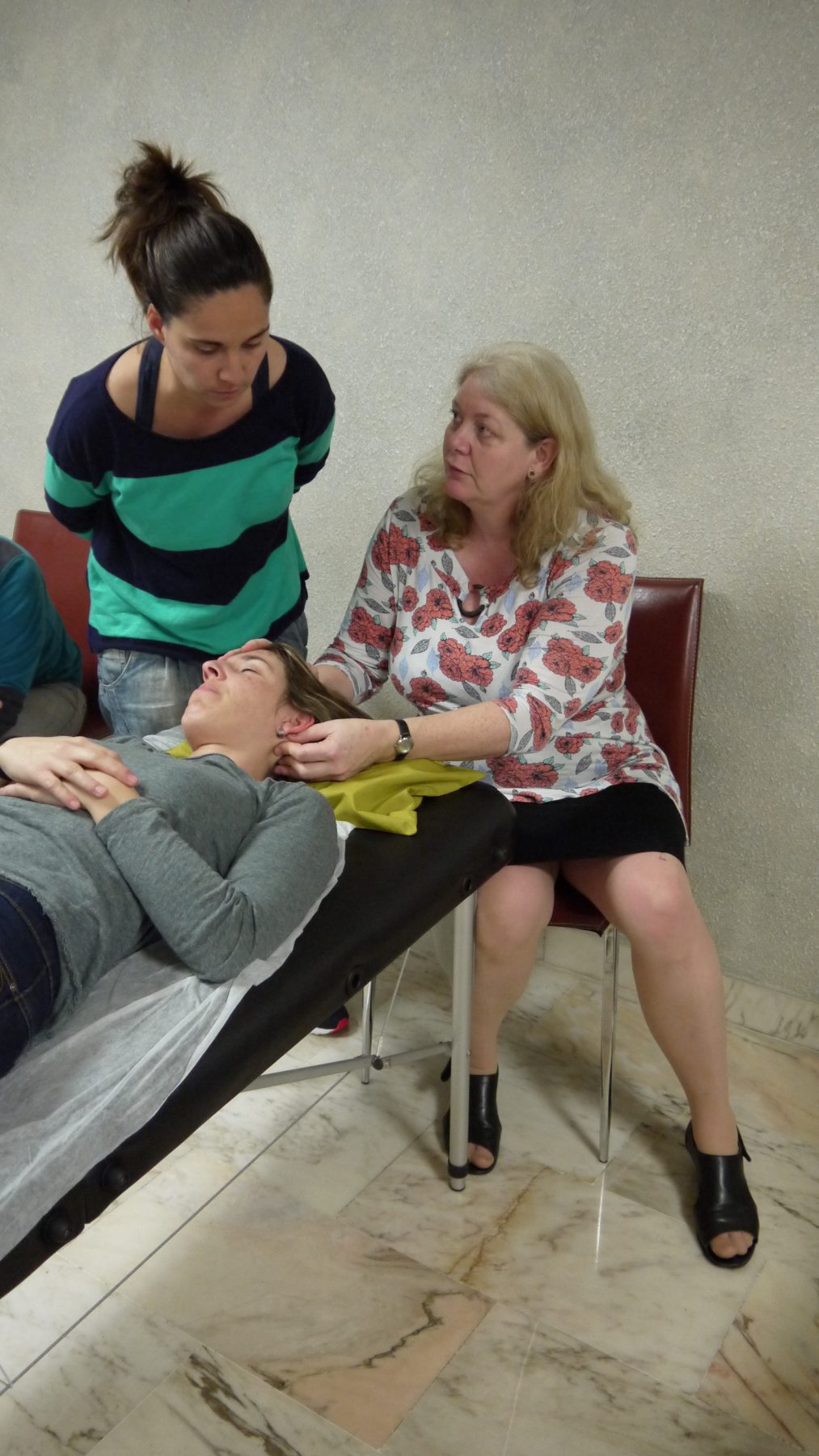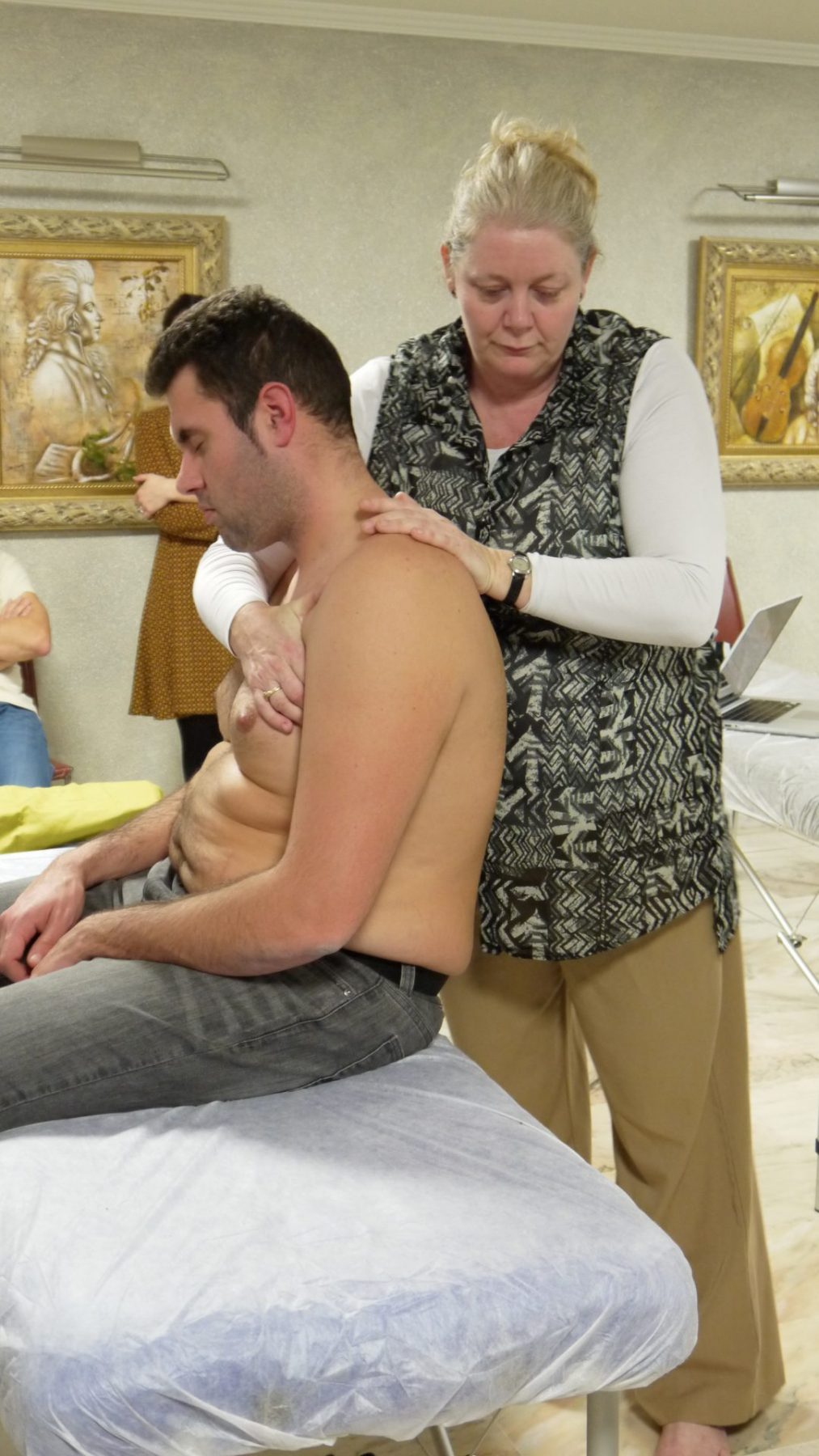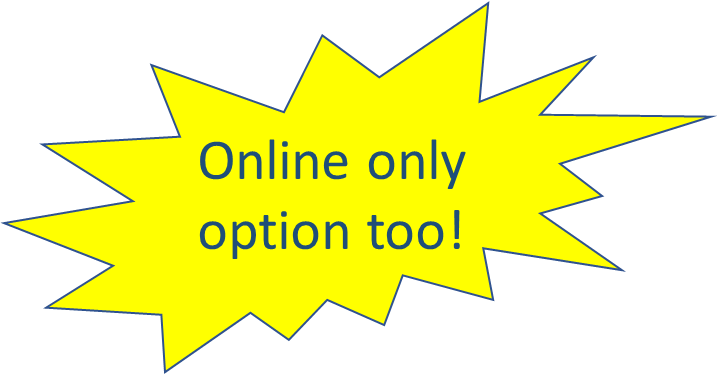
You can attend a 5 day face to face block (next F2F block in 2025), or access the extensive online package including over 100 hours of lectures and resources to watch / read!
To attend the face to face block, start your guided online journey in September, and then come along to Bristol on 18-22 FEB 2025
FACULTY TRAINING FOR A NEW PROGRAMME TEACHING OSTEOPATHY! Complete this programme in 2024-2025 to be eligible to apply to teach on an exciting new undergraduate programme planned for 2025-2026!
WHATS RIGHT WITH OSTEOPATHY? COME AND FIND OUT!
Philosophy and Principles for the 21st Century.
PAYMENT OPTIONS TO RESERVE YOUR PLACE – AT BOTTOM OF PAGE.
WHAT CAN YOU EXPECT FROM THIS PROGRAMME?
- 5 DAYS OF INTENSIVE LECTURES WITH PRACTICALS.
- Library of resources and pre-recorded lectures also available via online resources (available for those on the 5 day block as well as those doing the online only option):
- Extensive review of traditional osteopathic history and philosophy
- ‘translated’ into current terminology and backed up with evidence review to explore these concepts and practice
- break down of original osteopathic thinking, and exploration of what the early osteopaths were aiming at
- understand why traditional osteopathy IS evidenced
- appreciate why PALPATION IS VALID
- learn how to reframe your thinking and get you beyond simplistic and mechanistic manual therapy
- learn some ACTUAL OSTEOPATHY!
- Includes how to understand 3 dimensional mechanics and how physiology works with posture
- includes concepts of osteopathic barriers – neural, chemical and mechanical
- includes understanding of the fluid-body and fascial-fluidic – biotensile and metabolic dynamics
- enables you to understand ‘cranial rhythms’ as ordinary biological events
- debates coupled motion and spinal mechanics in the concept of the whole
- explores the alternative paradigms to biomedicine – and, OSTEOPATHY IS NOT A BIOMEDICAL PRACTICE!
- includes systemic approaches to neuroendocrine immune system, men’s health, women’s health, intro to paediatrics, to respiratory and circulatory care, to digestive complaints and urinary / fluidic considerations, TMJ / Dental / stomatognathic understanding, plus lots more.
- enables you to work in the head without using the IVM
Assessed via learning diary / portfolio, and within practical classes
Venue – Bristol, next enrolment is Sept 2024- to start the online elements, supported by monthly zoom tutorials, and then attend the 5 day practical dates 18-22 Feb 2025 – the online only version is still available (you get a CPD attendance award for online only).
OSTEOPATHIC CONCEPTS CERTIFICATE: You get a range of items included:
32 1-3 hour units of pre recorded videos of live broadcast mini lectures. Also included are a large number of papers, articles, links and other resources to supplement your learning. Elearning access is available on registration, and you can register anytime up to the block start date, although early bird discounts end before then. 5 intensive days of lectures synthesising the online material (you don’t need to watch in advance), with lots of hands on each day). Lots of immediately clinical applicable dynamics.
(Online only option – flat fee of £750, join any time, use button below).
Full 5 day face to face, plus all online resources and guided tutorials on its contents, £1500. Enrol now, monthly tutorials on content starts September. The face to face programme is the one to join if you want to apply for new undergraduate osteopathy programme as a teacher.
Continuing the legacy of Still and Littlejohn, and covers a wide range of osteopathic history, and brings it into a 21st century context. Looks at how modern osteopathic academic bias has eroded osteopathic concepts currently taught, and explores the validity of traditional concepts and looks at how an evidence frame exists for these original dynamics. It explores how we can move forwards whilst carrying these concepts forwards and discusses how the misplaced drive for ‘evidence’ that does not actually explore osteopathy can be viewed in a more critically realistic manner. Bringing early concepts to life in 5 days of practicals also enhances how osteopaths now can still learn to bring osteopathy back into their practice! Lets keep digging!
There are no refunds for covid or other unforeseen circumstances, as the majority of the programme resources are online, and the practical dates will be rescheduled if I have to postpone any for unseen circumstances / you can attend later sessions if you need to postpone. Payments is by bank transfer, or use payment button on course page (See forms and fees page) or payment button below. Please complete and send student agreement and application form by email at the time of your payment. Payment infers acceptance of terms.
COURSE CONTENT SUMMARY:
| MODULE | TITLE | INDICATIVE CONTENTS |
| 1A | WHOSE OSTEOPATHY IS IT ANYWAY? | A.T.Still and early players. |
| 1B | Developing the concepts of lesions and body contributions to health | |
| 1C | Lesions, posture, neural, fluidic and biomechanical dynamics | |
| 1D | Current practice – is it osteopathic? | |
| 2A | FUNCTION AND PHYSIOLOGY | FINDING HEALTH – ‘seeing’ |
| 2B | Littlejohn’s sensory concepts and equations | |
| 2C | Hydrostatic skeletons, our coelomic posture, Biotensegrity and cellular level health | |
| 2D | Axial and appendicular dynamics | |
| 3A | HOW THINGS MIGHT WORK – OSTEOPATHY AND PATHOLOGY | Communication and barriers – releasing health |
| 3B | Techniques that communicate or release communicative channels | |
| 3C | Body impacts on self-regulation | |
| 3D | Practitioner or patient delivered therapy – the role of touch and passive movements; why we all palate it differently | |
| 4A | LESION TRACKING – WHAT DOES IT MEAN? AGG-REL AND MAINTAINING FACTORS | Viscero-somatic / somato-visceral, maps, topography, where is the ‘segment’, cutaneous reflexes and nuclei – what is driving what? |
| 4B | Myofascial ‘lesions’ – what are they? | |
| 4C | The primary lesion – does it exist | |
| 4D | Models – still lesion unwinding, Lovett brother, SAT, SOT, Littlejohn’s curves, ilial lesions, global patterns – what is all this stuff – does the number crunching latter? | |
| 5A | FOUNDATIONS – RATIONALITY, PLAUSIILITY, DEFENSIBILITY | Is there any evidence? |
| 5B | Postural models and the BSP debate – where to go with this story | |
| 5C | Other models – the 5-model model and the Embodied embracing model. Lets think integrated function and physiology | |
| 5D | Immune dynamics – exposure, allostasis, dysregulation – can bodywork work? | |
| 6A | PAIN, PERCEPTION, INTERPRETATION | What is relevant in pain? |
| 6B | Complex and chronic pain – an osteopathic interpretation | |
| 6C | Retracing osteopathic exploration – ‘seeing’ your patient | |
| 6D | Analysing patients – why technique can’t and shouldn’t be taught | |
| 7A | CAVITIES AND CONTENTS – SPINAL AND APPENDICULAR INTEGRATION | Spinal and cranial cavities, and the CNS and dysfunctions |
| 7B | Abdominal cavity and its dysfunctions | |
| 7C | Pelvis and its dysfunctions | |
| 7D | Thoracic cavity and its dysfunctions | |
| 8A | CONCEPTS OF CARE – 21ST CENTURY OSTEOPATHY | Modern osteopathy revisited |
| 8B | Keeping it real | |
| 8C | Being osteopathic | |
| 8D | Reflections | |
